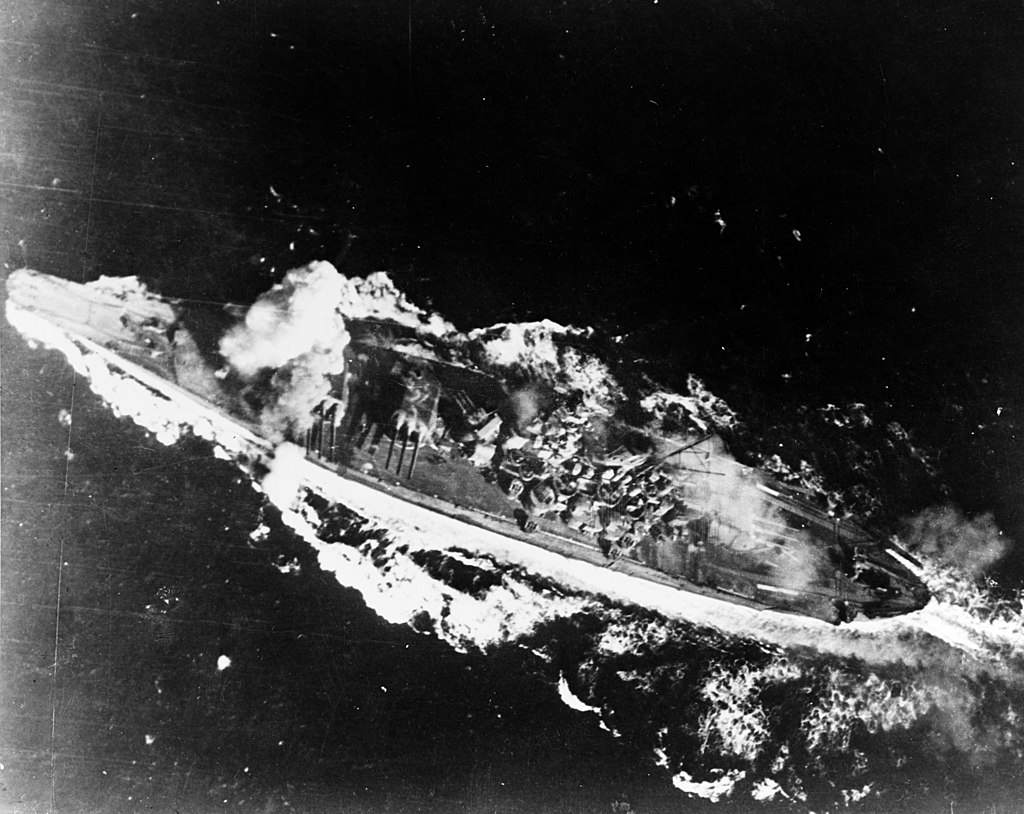
“That night at 3 a.m., the rockets came in. And boy, did they come in.”
“CRACK THE SKY. Shake the earth.”
That was Hanoi’s message to the NVA infiltrators and Viet Cong insurgents lying in wait across South Vietnam on eve of the 1968 Tet Offensive.
In the pre-dawn hours of Jan. 31, more than 80,000 communist regulars and guerrillas emerged from hiding to launch a series of coordinated attacks on targets in 100 towns and cities across the country. Not even Saigon was spared. In fact, a small detachment of suicide raiders even stormed the U.S. Embassy. Planned for months in secrecy, the crippling onslaught was unleashed in the midst of a seven-day cease fire called in observance of the traditional Vietnamese lunar new year, known as Tet Nguyen Dan. Although the attacks initially overwhelmed U.S. and ARVN forces; they quickly recovered and inflicted grievous losses on the insurgents. Yet it was the political impact of the communist blitz that would prove decisive. Up until that point, the American public believed that the enemy in South East Asia was on the ropes. In the wake of the violence, stateside public opinion shifted against the war and soon pressure was mounting on the White House to end U.S. involvement in Indochina.
Bob Ford, an American GI stationed near Hue in 1968, remembers the terror he and his platoon-mates felt the first night of Charlie’s offensive. In a recent interview with Ann Arbor, Michigan’s WAAM 1400 AM Radio (and provided to MHN by our friends at AudioBurst.com), the Vietnam vet describes the furor that was Tet.









